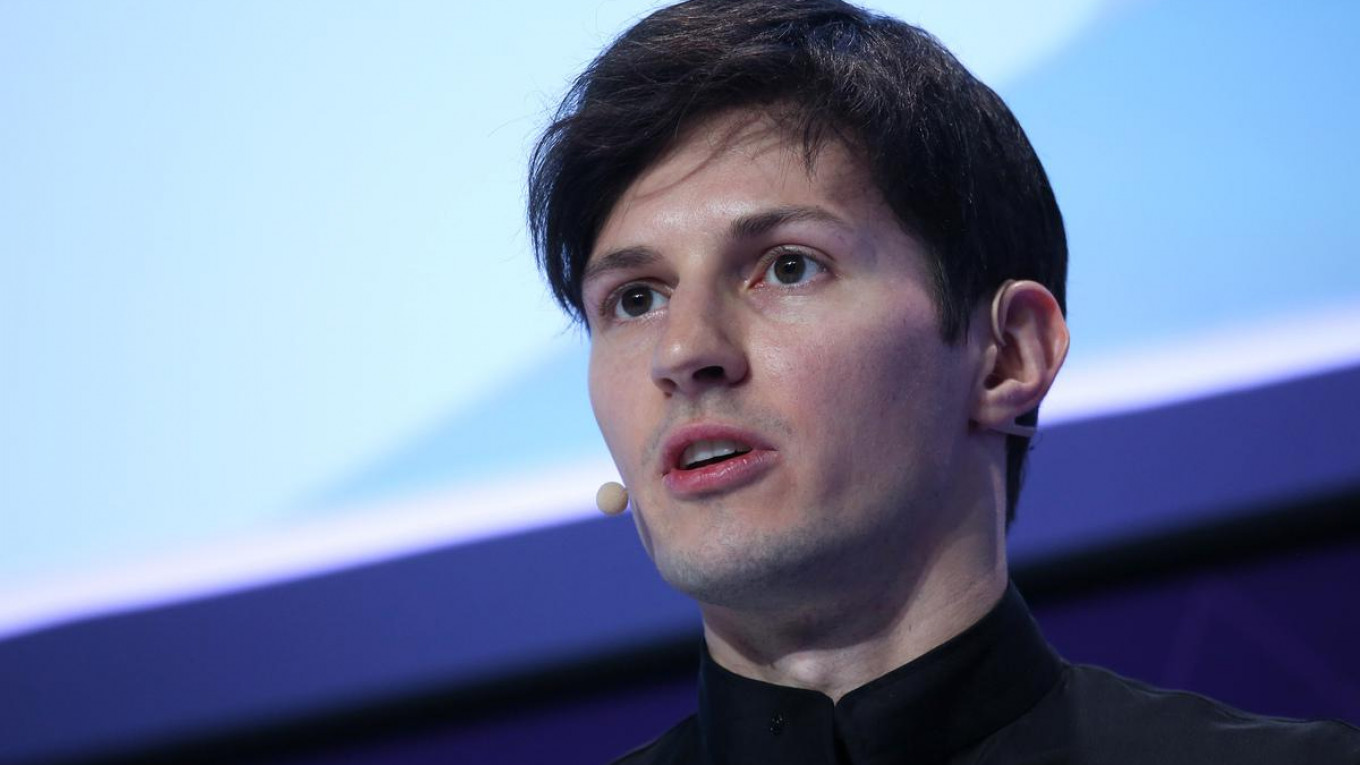BREAKING: Telegram CEO Durov Speaks Out After Shocking Arrest in France
06.09.2024 0:09 2 min. read Alexander Stefanov
Telegram CEO Pavel Durov, recently detained in France, has broken his silence following his release, sharing a detailed message on Telegram that outlines his perspective on the events leading up to his arrest and the challenges facing the tech industry.
The incident has sparked debates about the accountability of tech CEOs for their platforms’ usage, especially in the realm of privacy and security.
Durov was held for questioning by French authorities for four days, an experience that he described as surprising and concerning. According to Durov, his arrest stemmed from the authorities’ frustrations over the lack of response from Telegram regarding illegal activities on the platform. Despite Telegram having an official EU representative and various communication channels for law enforcement, Durov was personally held responsible.
In his message, Durov emphasized the complexities of developing and managing a global platform like Telegram, particularly when it comes to balancing user privacy with law enforcement demands. He pointed out that while the platform is committed to working with regulators, there are limits to what it can do without compromising its principles.
“Using pre-smartphone laws to accuse a CEO of crimes committed by third parties on the platform he runs is misguided,” Durov stated, highlighting the challenges innovators face when legal frameworks don’t keep pace with technological advancements. He stressed that no one would be willing to create new tools if they were personally liable for their misuse.
Durov’s arrest has brought to light broader issues regarding the role of tech platforms in addressing illegal activities while maintaining user privacy. Telegram, which now boasts 950 million users, has faced criticism for being a haven for criminal activity. However, Durov was quick to counter these claims, noting that the platform actively removes harmful content and publishes transparency reports.
Despite these efforts, Durov acknowledged that Telegram’s rapid growth has led to challenges in maintaining control over all content. He revealed that addressing these issues has become a personal priority, with plans for significant improvements already underway.
Durov also reiterated Telegram’s commitment to its core principles, even if it means exiting markets where those principles are compromised. He cited examples from Russia and Iran, where Telegram was banned for refusing to comply with government demands that violated user rights.
As Durov continues to navigate the complex landscape of privacy, security, and regulation, his message serves as a reminder of the difficult balance that tech platforms must strike. The events of August, he hopes, will not only strengthen Telegram but also contribute to the broader conversation about the responsibilities of social networks in a rapidly evolving digital world.
-
1
FTX Pushes to Dismiss Billion-Dollar Claim from 3AC
23.06.2025 15:00 1 min. read -
2
BIS Slams Stablecoins, Calls Them Ill-Suited for Modern Monetary Systems
26.06.2025 9:00 1 min. read -
3
ARK Invest Cashes In on Circle Rally as Stock Soars Past $60B Valuation
24.06.2025 19:00 1 min. read -
4
FTX Pushes Back Against $1.5B Claim From Defunct Hedge Fund 3AC
23.06.2025 11:00 1 min. read -
5
Trump’s ‘Big, Beautiful Bill’ Approved: What It Means for Crypto Markets
04.07.2025 7:00 3 min. read
Coinbase Strengthens DeFi Push With Opyn Leadership Acquisition
Coinbase has taken a major step toward expanding its decentralized finance (DeFi) presence by bringing onboard the leadership team behind Opyn Markets, a prominent name in the DeFi derivatives space.
Grayscale Urges SEC to Allow Multi-Crypto ETF to Proceed
Grayscale Investments has called on the U.S. Securities and Exchange Commission (SEC) to allow the launch of its multi-crypto ETF—the Grayscale Digital Large Cap Fund—arguing that further delays violate statutory deadlines and harm investors.
Robinhood Launches Ethereum and Solana Staking for U.S. Users
Robinhood has officially introduced Ethereum (ETH) and Solana (SOL) staking services for its U.S. customers, offering a new way for users to earn rewards on their crypto holdings.
Binance CEO Reveals What’s Fueling the Next Global Crypto Boom
Binance CEO Richard Teng shared an optimistic outlook on the future of cryptocurrencies during an appearance on Mornings with Maria, highlighting growing global acceptance, regulatory progress, and strategic reserve integration.
-
1
FTX Pushes to Dismiss Billion-Dollar Claim from 3AC
23.06.2025 15:00 1 min. read -
2
BIS Slams Stablecoins, Calls Them Ill-Suited for Modern Monetary Systems
26.06.2025 9:00 1 min. read -
3
ARK Invest Cashes In on Circle Rally as Stock Soars Past $60B Valuation
24.06.2025 19:00 1 min. read -
4
FTX Pushes Back Against $1.5B Claim From Defunct Hedge Fund 3AC
23.06.2025 11:00 1 min. read -
5
Trump’s ‘Big, Beautiful Bill’ Approved: What It Means for Crypto Markets
04.07.2025 7:00 3 min. read



